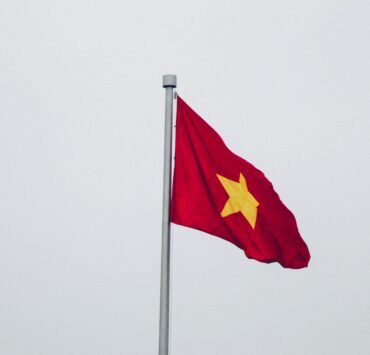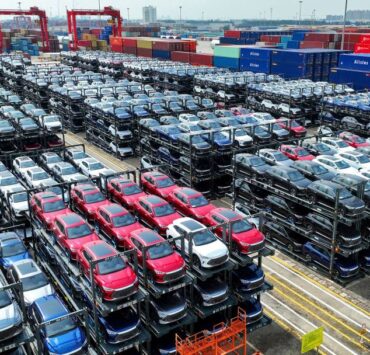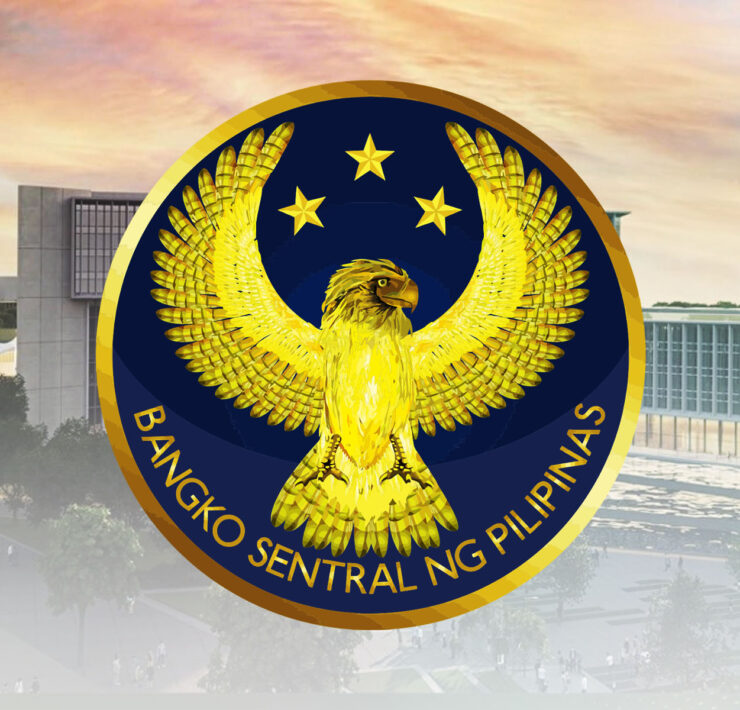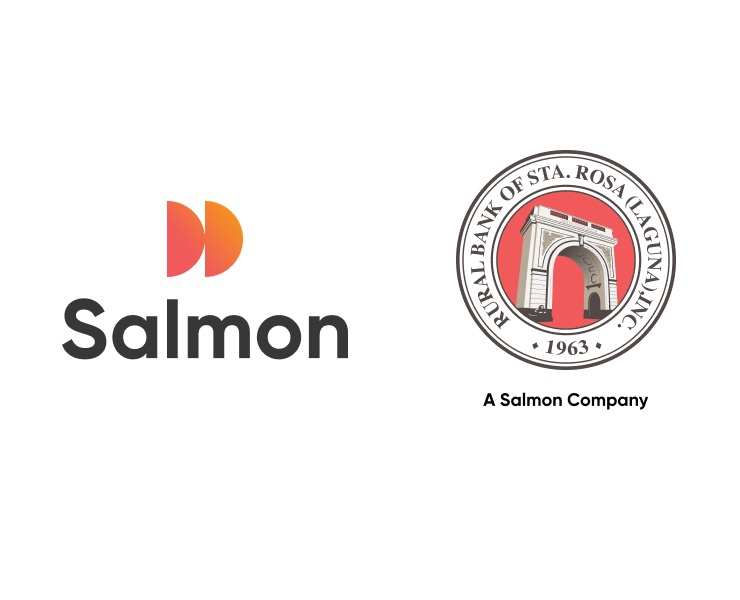Bank of America unveils currency, hedging services in PH
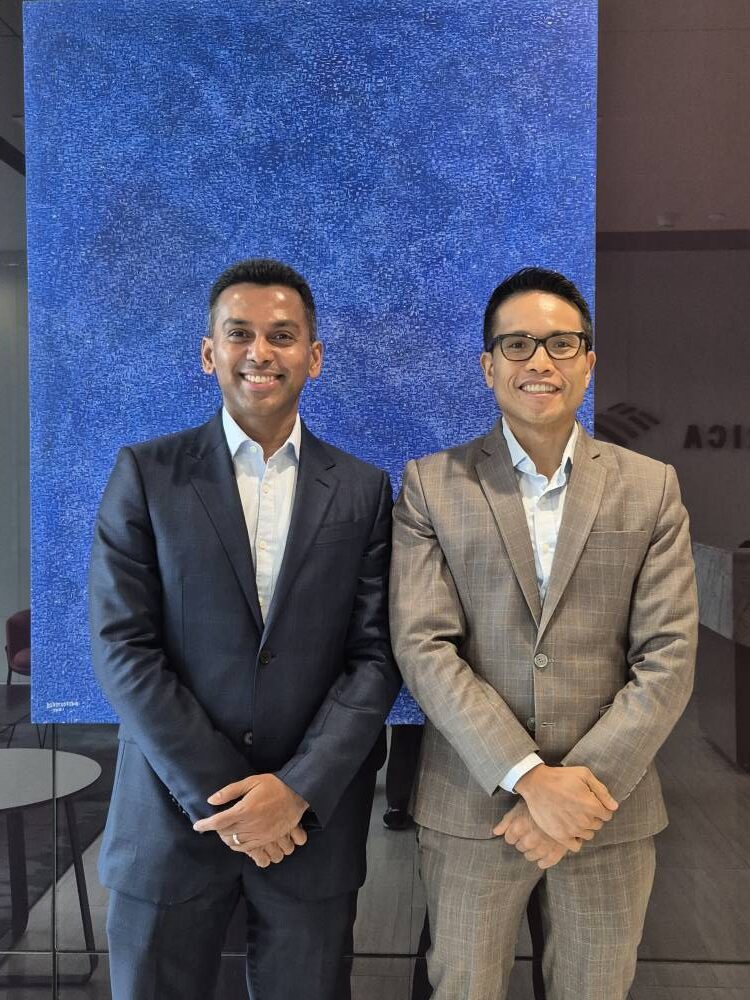
After more than two decades, Bank of America (Bofa) has relaunched its fixed-income, currencies and commodities (FICC) services in the Philippines due to high demand for foreign exchange trade from institutional clients, especially multinational corporations.
This is seen to be the “missing piece of the franchise” of Bofa in the Philippines, the American bank’s very first branch in Asia Pacific, that will complement its existing suite of wholesale banking services.
Shah Jahan Abu Thahir, Bofa head of global markets for Southeast Asia, tells reporters that they see much growth potential in the Philippines, where international investors are keen on entering various industries but in need of additional foreign exchange services.
FICC services involve debt securities (bonds and Treasury bills), currency exchange and hedging, and commodities (gold and oil). Banks typically act as intermediaries that facilitate the trade of these assets among investors.
In Bofa’s case, it will begin by offering foreign exchange services before gradually branching out to fixed-income securities and commodities, according to Philippines country head Vince Valdepeñas.
“We will first focus on foreign exchange, then we will eventually build up the capabilities from there,” Valdepeñas says, adding that most businesses in the Philippines require more foreign exchange services than other FICC services.
He adds that they have yet to determine when they would launch their other services, only that they had already hired a dedicated team to focus on foreign exchange. Valdepeñas notes that they already have existing licenses from the Bangko Sentral ng Pilipinas to offer other FICC services, including a derivatives license for hedging services.
Valdepeñas and Thahir spoke to the media on Thursday ahead of the soft launch of the new FICC unit in the evening.
$300-B industry
According to Thahir, the foreign exchange market in the Philippines is currently worth around $300 billion a year — and BofA would like to get a piece of the pie.
This service helps facilitate global financial transactions, such as cross-boarder investments, by converting currencies. It can likewise protect investors from potential losses due to fluctuations in exchange rates.
“We’ve definitely seen that this demand has grown, and a lot of our clients are asking why we can’t do a peso foreign exchange business in Manila,” Thahir says.
“So clearly, there is great opportunity for us to take a bit of that market share, and given our strength and relationship with a lot of these corporates, specifically US multinationals … it is a good opportunity for us to come capture some of the businesses,” he added.
In the case of the Philippines, foreign investors want to spend money on service centers, data centers, renewable energy and semiconductor manufacturing, Thahir says, noting that they are seeing interest from both new and existing existing companies.
Bofa — which expects the Philippines to grow by close to 6 percent in the next two years, one of the fastest pace in the region — will target multinational companies as its main clients for the relaunched FICC service, as well as large local corporations.
Bofa, which has been in the Philippines for 77 years, had offered FICCs in the country until the early 2000s. These services were later cut when Bofa opted to pull out some of its services in Asia and to focus instead on its American market after its merger with NationsBank.
Data from the Bangko Sentral ng Pilipinas showed that the net inflow of foreign direct investments soared to its highest level in five months in July, increasing by 5.5 percent to $820 million.
Most of these are investments in debt securities and equity infusions.














